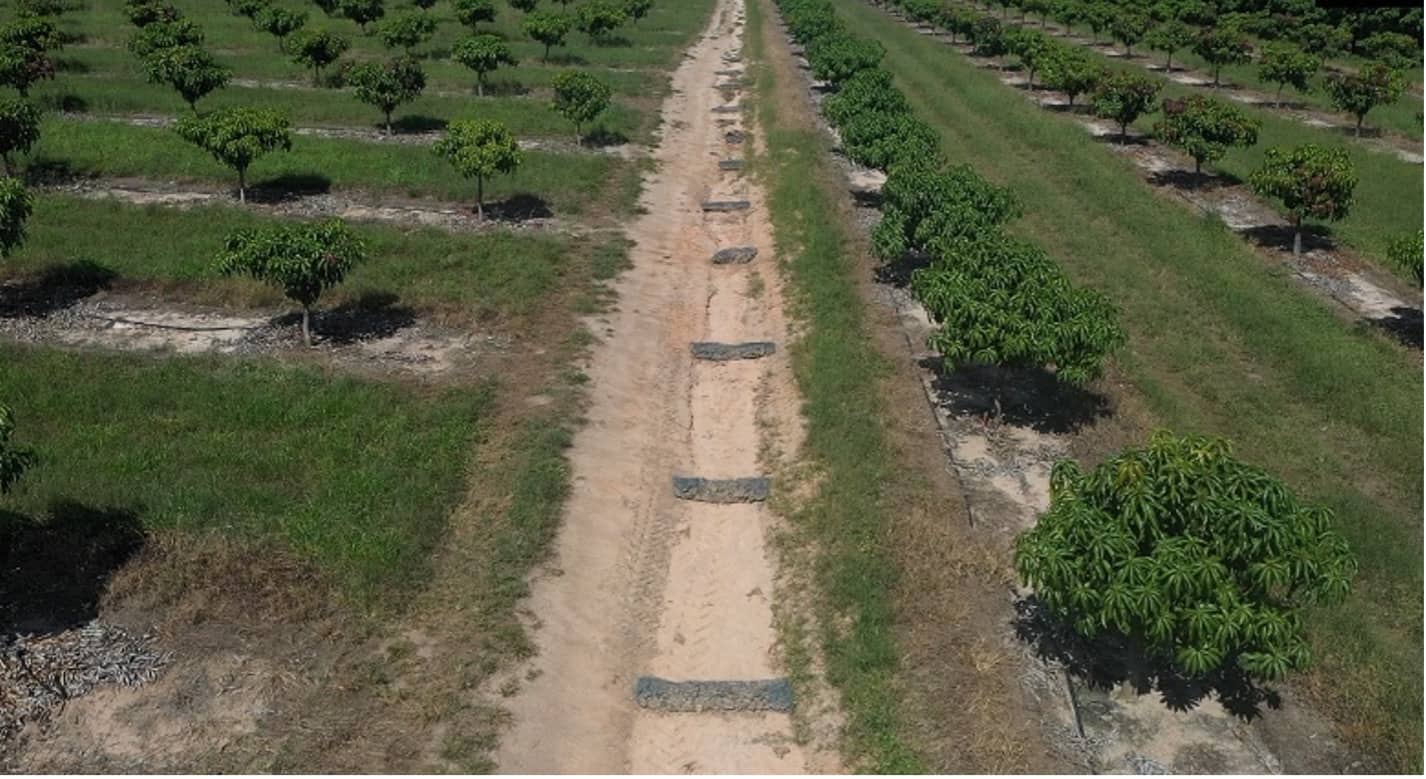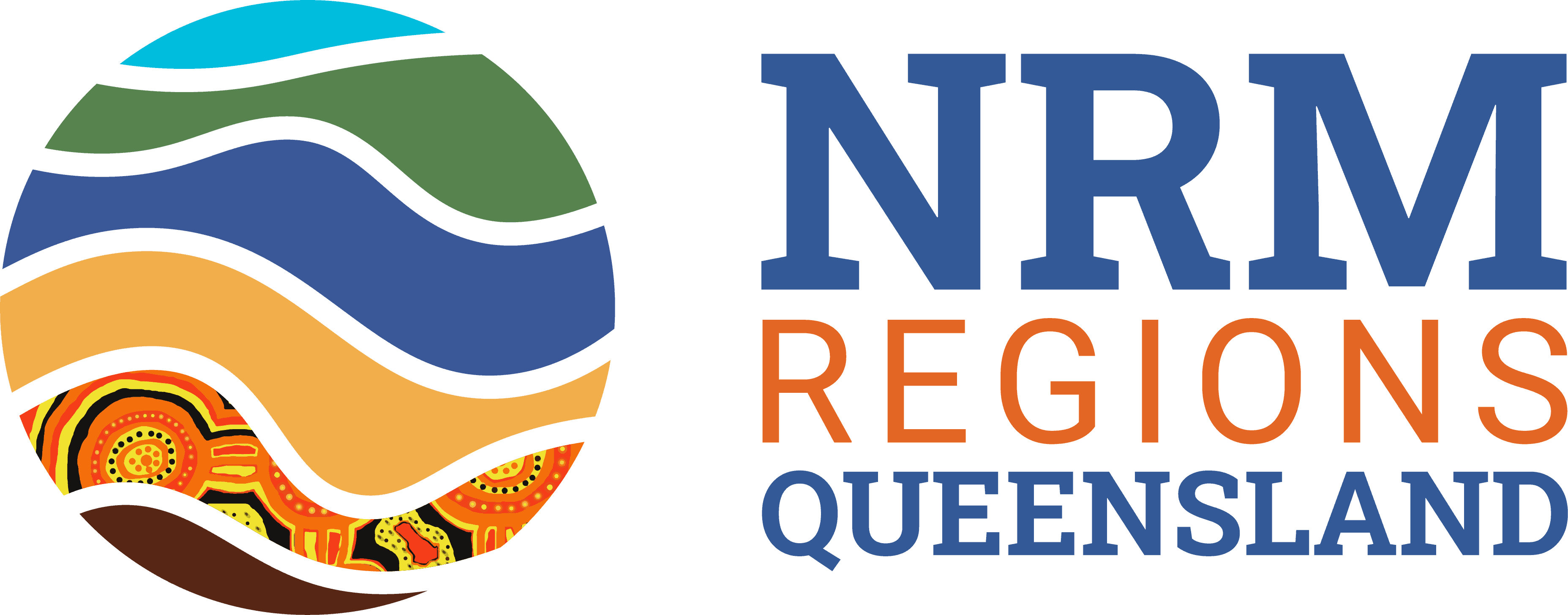Gulf Savannah NRM’s successful Healthy Farming Futures project – funded by the Regional Landcare Partnership Program – is now in its fifth and final year.
This project is aimed at improving soil health in the Northern Gulf. The region’s intensive agriculture is worth over $72 million to the economy but is at risk without better soil management – particularly as the industry expands into new, more marginal areas in which careful soil management is even more critical.
Through the Healthy Farming Futures project, Gulf Savannah NRM has been working with growers in the Mareeba-Dimbulah Irrigation Area (MDIA) – an agricultural hub for bananas, sugar cane, limes, mangoes and avocadoes – to improve soil health, develop their adaptive capacity, and increase their long-term resilience through improved whole-of-business management.
There has been high community interest and engagement – the project’s intensive one-on-one support program has engaged 20 farms to date, with an additional four farms signed up for the final year, and over a hundred participants attended Dr Christine Jones’ workshop earlier this year to learn about transitioning to lower input farming methods.
Another key outcome of the Healthy Farming Futures project has been the on-ground works delivered to reduce erosion in the Mareeba-Dimbulah Irrigation Area.
Tackling erosion has been identified as one of the key priorities for maintaining soil health in the Northern Gulf. Every wet season, the many tracks and roads crisscrossing the region’s orchards can get washed away, as the soils are very sandy and fragile.
During the 2021-22 wet season, this happened at Manbulloo Orchard’s Hilltop Farm at Mutchilba – a regional farming community between Mareeba and Dimbulah, about a hundred kilometres inland from Cairns. The tracks at the orchard were washed out so severely they became impassable, and farm manager Andrew Crebert approached Gulf Savannah NRM for advice.
Dealing with an erosion issue within a smaller property is quite challenging, because the erosion often starts outside of the property, and ends somewhere beyond the property.
Through the Healthy Farming Futures project, Gulf Savannah NRM brought in erosion remediation expert Darryl Hill to assist in dealing with this type of challenge in a limited orchard space. Nearby farming properties were invited to take part in the on-ground remediation works, with four participating on the day to learn about erosion principles and gain practical remediation experience to take back to their own properties.
As part of the erosion works, a hundred wire and rock gabions were installed. This remediation will reduce runoff into nearby waterways and neighbouring properties, and retain soil and nutrients on the farm – supporting stronger land and water health in the region.

Gabions installed to protect soil.
As the soil builds up, new gabions will need to be laid on the raised surface. It will be an ongoing process until the road is fortified and lies above the orchard ground level. In addition to reducing erosion, this will also improve farm access and enable the smooth running of daily farm activities – supporting better economic outcomes for the farm and the surrounding community.
Not long after the gabions were built, they were tested with a heavy rainfall event – which demonstrated their effectiveness at catching soil that otherwise would have washed downhill. Gulf Savannah NRM will continue to monitor the site, and is anticipating positive results as we head into the next wet season.
This project is supported by Gulf Savannah NRM, through funding from the Australian Government’s National Landcare Program.
